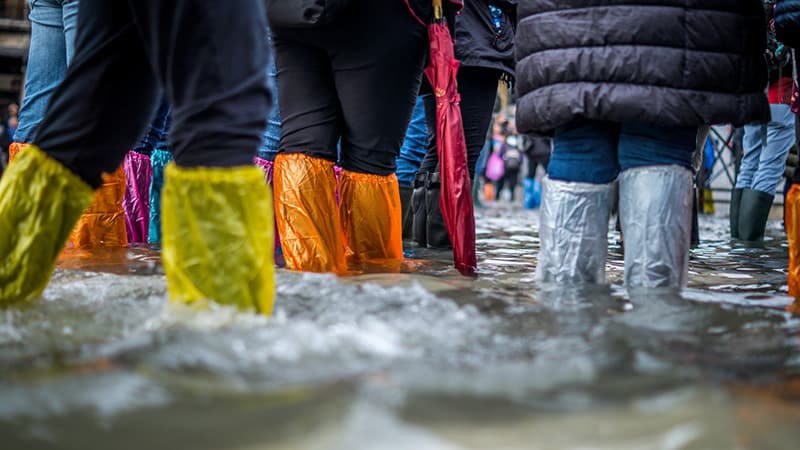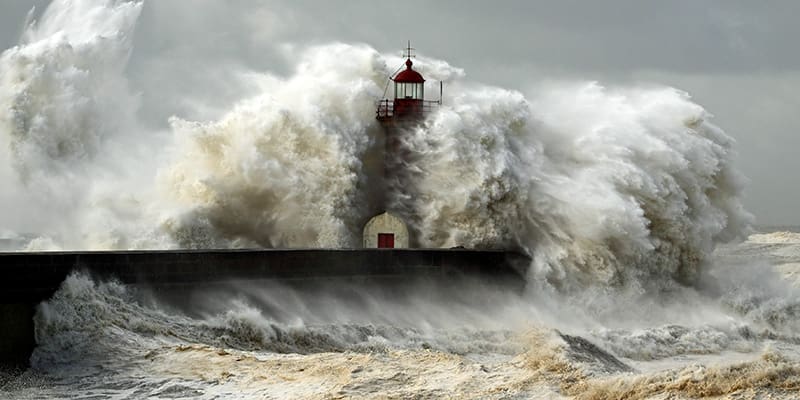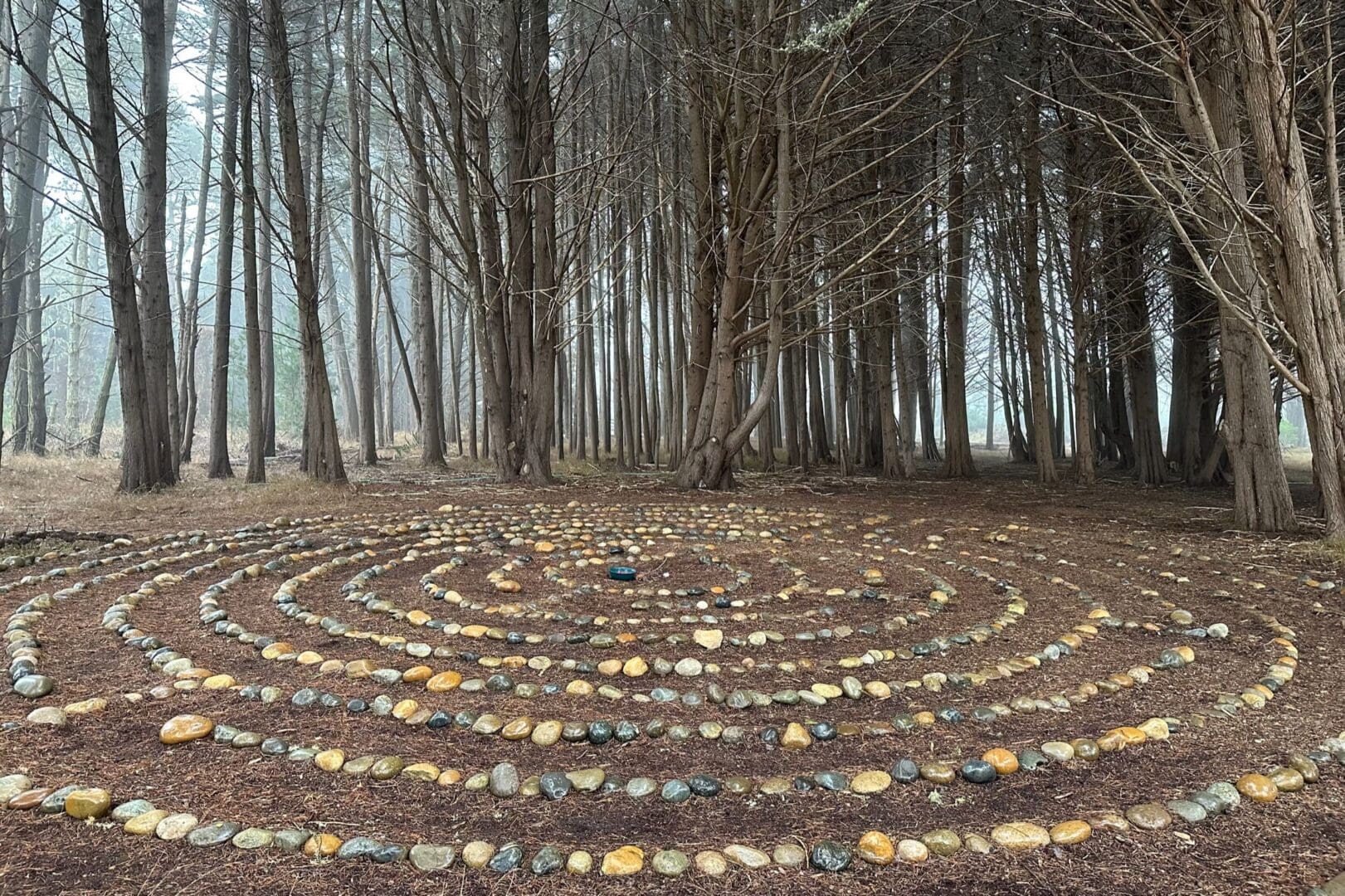Loneliness, Mother Teresa said, is the poverty of the West.
Never has that been more true. We are urged to “shelter in place,” away from our work, schools, friends, family, lovers, and all the places we love.
Not everyone listens. The young are in the streets enjoying themselves. Many in midlife and beyond as well.
Many can’t shelter in place. They have to work in health care, food markets, and other essential services.
My brother is an oncologist who takes care of many poor patients in Boston. He can’t shelter in place.
As the economic machine shudders downward, suffering blossoms. Tens of millions thrown out of work with no resources and nowhere to go.
People respond to the virus and the financial crash in such different ways. Some with hope, some with fear, some with fatalism, some with denial, some with laughter.
Nothing has slowed me down this much in living memory.
I think about death. As I have many times. My wife and I resolve to “get our affairs in order.”
This virus isn’t a pleasant way to go.
I think about how to ease my way out if need be.
In the Cancer Help Program, I have watched hundreds of people close to death move from fear and anxiety to a deep aliveness and peace.
As this pandemic of loneliness closes around us, how will we do that together? I know we will find the ways to walk each other home.
Live or die, what matters to me in this pandemic of loneliness is love. Love is the great healer. Love is our lifeblood. I want the risks I take to be risks for the sake of love.
Love is the antidote to this pandemic of loneliness. Love of those we love. Love of strangers.
Love of nature. Love of wisdom. Love of music and art and literature. Love of service. Love of the sacred and the profane. Love of our bodies, minds, souls and spirits.
Let us not forget love of ourselves.
The pandemic of loneliness evokes a vast upwelling of kindness. Kindness is love with its work boots on. We sense a living closeness as as our eyes meet and we bow six feet away from each other.
Life is at risk. I see beauty all around me. Beauty evokes love.
Here is Rilke, from his Book of Hours, translated by Anita Barrows and our friend Joanna Macy. Rilke speaks hauntingly of love and loneliness as he evokes Penelope weaving while she waits for Odysseus to return.
The Unspeaking Center
She who reconciles the ill-matched threads
of her life, and weaves them gratefully
into a single cloth—
it’s she who drives the loudmouths from the hall
and clears it for a different celebration
where the one guest is you.
In the softness of evening
it’s you she receives.
You are the partner of her loneliness,
the unspeaking center of her monologues.
With each disclosure you encompass more
and she stretches beyond what limits her,
to hold you.
I find that unspeakably beautiful. Love in the pandemic of loneliness.
Hold tight. Here we go.
Michael



